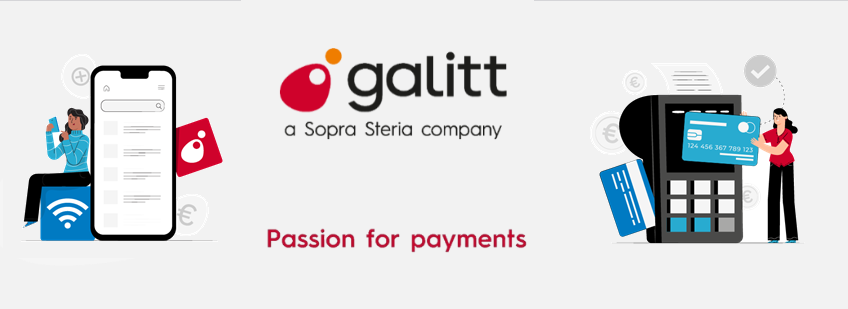Payment insight November 2022

Headlines
Small Business Financing - Solutions to cope with the crisis
- INTERNATIONAL – Amazon launches cash advances to merchants
- ITALY – Banca Intesa Sanpaolo launches CresciBusiness initiative to support SMEs
- EUROPE – SumUp launches new suite of POS solutions
With the Covid crisis behind them, companies have faced another shock to their prospects, particularly for smaller companies. Accelerating inflation is putting pressure on margins, interest rates continue to rise, making it difficult for companies to borrow or use traditional financing channels. In this context, optimising cash flow is a key survival factor for SMEs. Amazon has launched a new financing solution, in the form of a cash advance for merchants, offered in partnership with the fintech Parafin. Parafin is developing a very popular model, namely cash advances indexed to the revenues of businesses. Amazon has now become more than a marketplace, a real revenue generator for SMEs. In Italy, the bank Intesa Sanpaolo, in association with professional organisations, has launched a 5-billion-euro plan to support SMEs affected by rising energy and raw material prices. This initiative is also accompanied by a measure aimed at facilitating mobile payments by eliminating commissions on small amounts. The startup Sumup is launching a new range of simpler and less expensive point-of-sale payment solutions, without a subscription, called POS Lite.
Embedded payment - When the travel industry takes on payment
- EUROPE – Wetravel, the booking and payment platform for companies
- GERMANY – FREENOW centralizes payments with American Express
- SPAIN – The travel company Amadeus launches into payment
According to a study by IDC, by 2030, 74% of consumer payments will be processed by non-traditional financial service providers. This shift is expected to result in a loss of $250 billion in payment revenues for traditional players. While some companies, such as VTC operator FREENOW, rely on well-known players like American Express to centralise and streamline their booking, payment, and expense management processes. Others rely on specialist fintechs such as Wetravel, based in the Netherlands, which raised $27 million in Series B funding to expand into the B2B travel niche, handling the entire journey from booking to instant payment to suppliers. Wetravel offers a range of payment-related features such as B2B transfer fees, multi-currency management and split payments. This was not the choice made by the travel operator Amadeus, which, considering the centrality of the payment activity, preferred to create its own subsidiary dedicated to payment, in addition to applying for a license to issue virtual cards, with the aim of creating the most fluid and connected experience possible for the traveler and the agencies. Amadeus intends to add value to the travel ecosystem through an open and API-enabled platform. Travel is obviously not the only sector to reorganise itself into ecosystems, but it is one of the most advanced.
